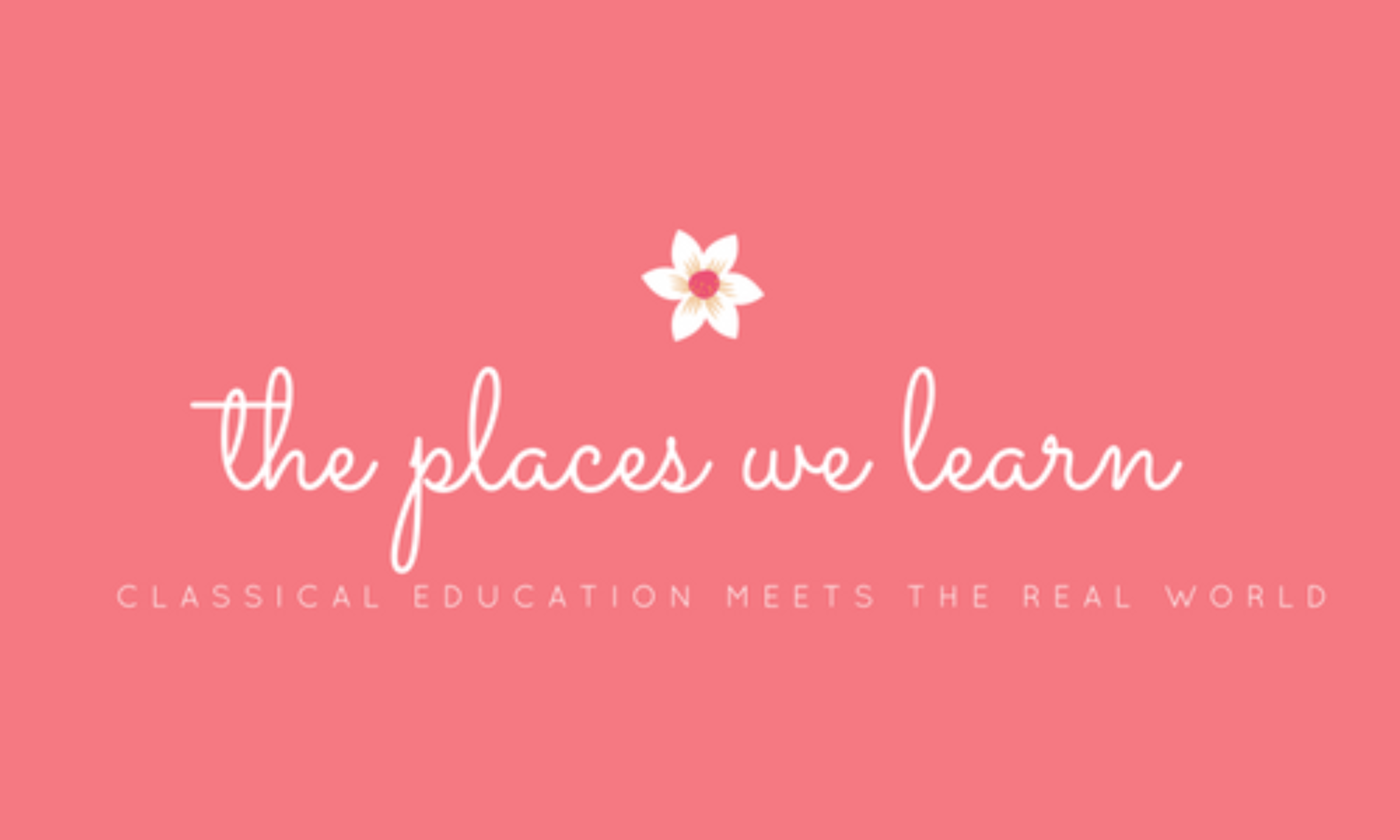One of the main themes of classical education is repetition. We re-learn things over and over and each time, hopefully, we understand it better and make more connections to others things we’ve learned. In elementary school, we do that through a three year cycle. Every three years, we start over at the beginning and re-learn the same things again. But we do different projects and we take different field trips and make it all interesting again. Plus, the kids are three years older each time and understand it a little better. One of the greatest things about this model is that all the kids can be learning the same thing. While my four year old might be learning to recite a short poem about the pilgrims, my ten year old may be writing a short, factual paper about the journey on the Mayflower. Meanwhile, my twelve year old is learning to write persuasive essays, so she could write an argument on whether or not the Pilgrims should even have come at all. Their assignments are all different but we can all sit together and listen to The Story of the World chapter on the Pilgrims. Classical education draws us together as a family rather than segregating us by age and grade. There is no “you are too little for this” and there is no “I’m too old for this.”
And because we can all learn the same things together regardless of our age, we can take really awesome field trips that are interesting to everyone because we are all focused on the same subject matter!
Continue reading “Plymouth Rock: Plymouth, Massachusetts”





